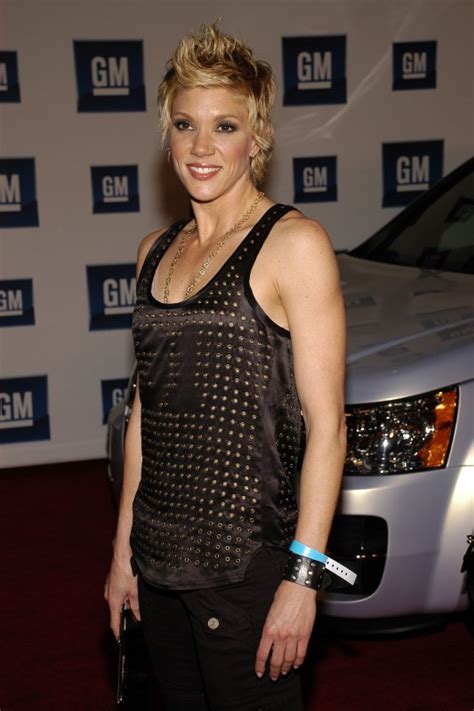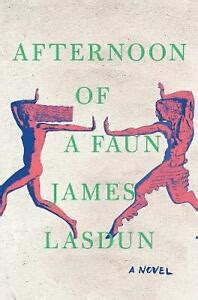A Quote by Danai Gurira
I work with writers whom I believe to be true storytellers. And because I'm a writer, I pay very keen attention to their vision. I find that so fueling creatively because, in telling those stories, you use everything you've got. You come away with battle scars. It's gratifying and invigorating.
Related Quotes
My real purpose in telling middle-school students stories was to practice telling stories. And I practiced on the greatest model of storytelling we've got, which is "The Iliad" and "The Odyssey." I told those stories many, many times. And the way I would justify it to the head teacher if he came in or to any parents who complained was, look, I'm telling these great stories because they're part of our cultural heritage. I did believe that.
My greatest strength as a writer is that I'm a storyteller. But, it was a long, hard struggle for me to make the transition from verbally telling stories to writing them. You'll note I don't dwell on descriptions in my writing, because I'm far more interested in telling the story. There are many better writers in this world, but you'd be hard pressed to find anyone more passionate about stories than I am.
Creative non-fiction is such a liberating genre because it allows the non-fiction writer, whether he or she be journalist or essayist, to use all of the techniques of the fiction writer and all of the ideas, creative approaches, that fiction writers get a chance to use, but they have to use it in a true story.
It feels as though a very disproportionate number of main characters are writers, because that's what the writer knows. Fair enough. But nothing bothers me more in a movie than an actor playing a writer, and you just know he's not a writer. Writers recognize other writers. Ethan Hawke is too hot to be a writer.
The very act of story-telling, of arranging memory and invention according to the structure of the narrative, is by definition holy. We tell stories because we can't help it. We tell stories because we love to entertain and hope to edify. We tell stories because they fill the silence death imposes. We tell stories because they save us.
You can't be positive to everybody. A lot of people want to focus on flaws and negativity, especially on the Internet because that's their only voice. I don't pay attention to that kind of stuff. I pay attention to opportunities coming my way, gays and lesbians telling me what I've done for them, organizations in my community that always want to work with me.
I would like to believe this is a story I’m telling. I need to believe it. I must believe it. Those who can believe that such stories are only stories have a better chance. If it’s a story I’m telling, then I have control over the ending. Then there will be an ending, to the story, and real life will come after it. I can pick up where I left off.
I'm not one of those artists that can go away for six months and tour America and have 20 producers back in London or L.A. doing everything for me and I just come home and sing on it. It would be really useful, in terms of speed, to work like that. I just wouldn't find it creatively satisfying. I have to have my hand on the remote control.



































